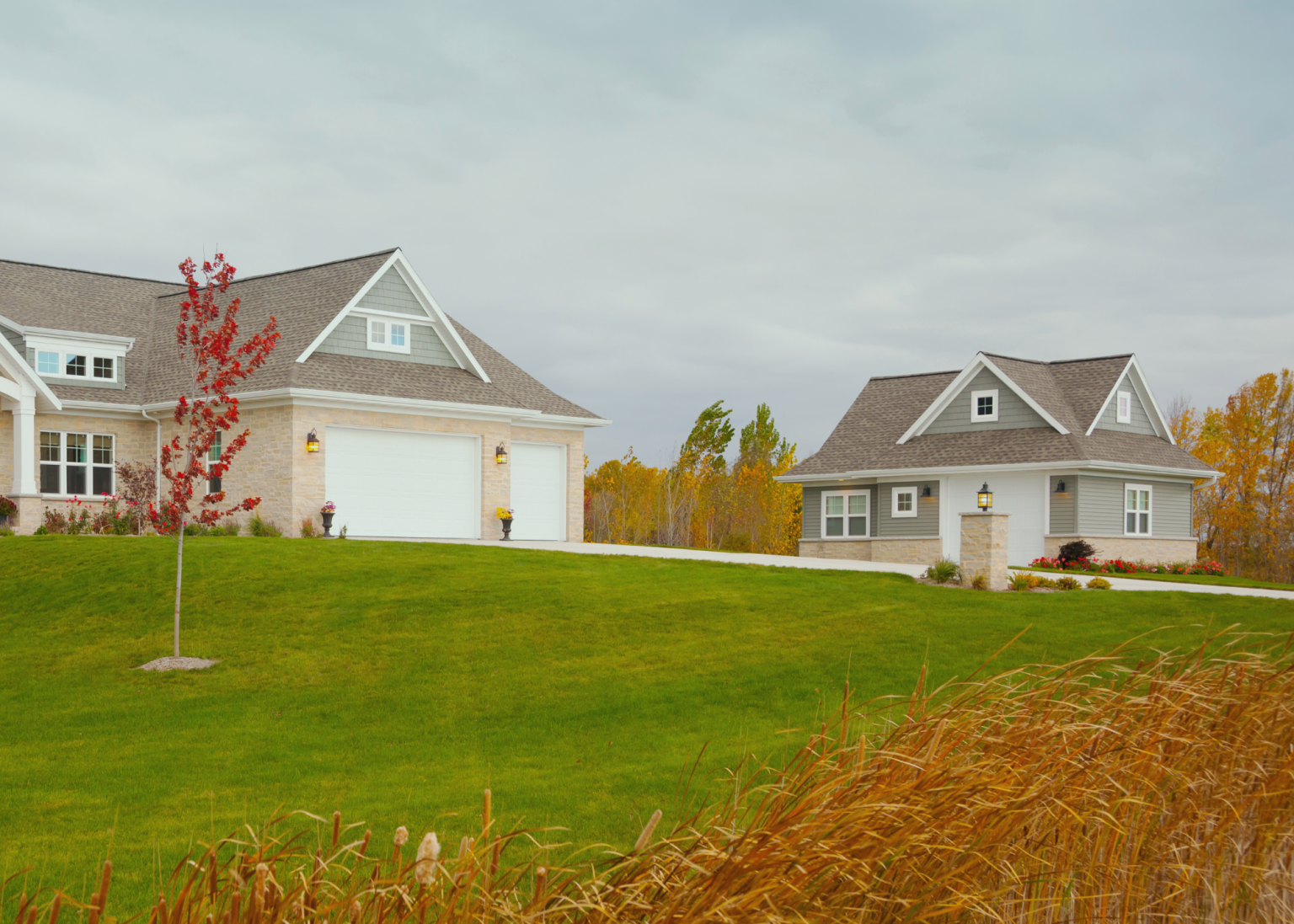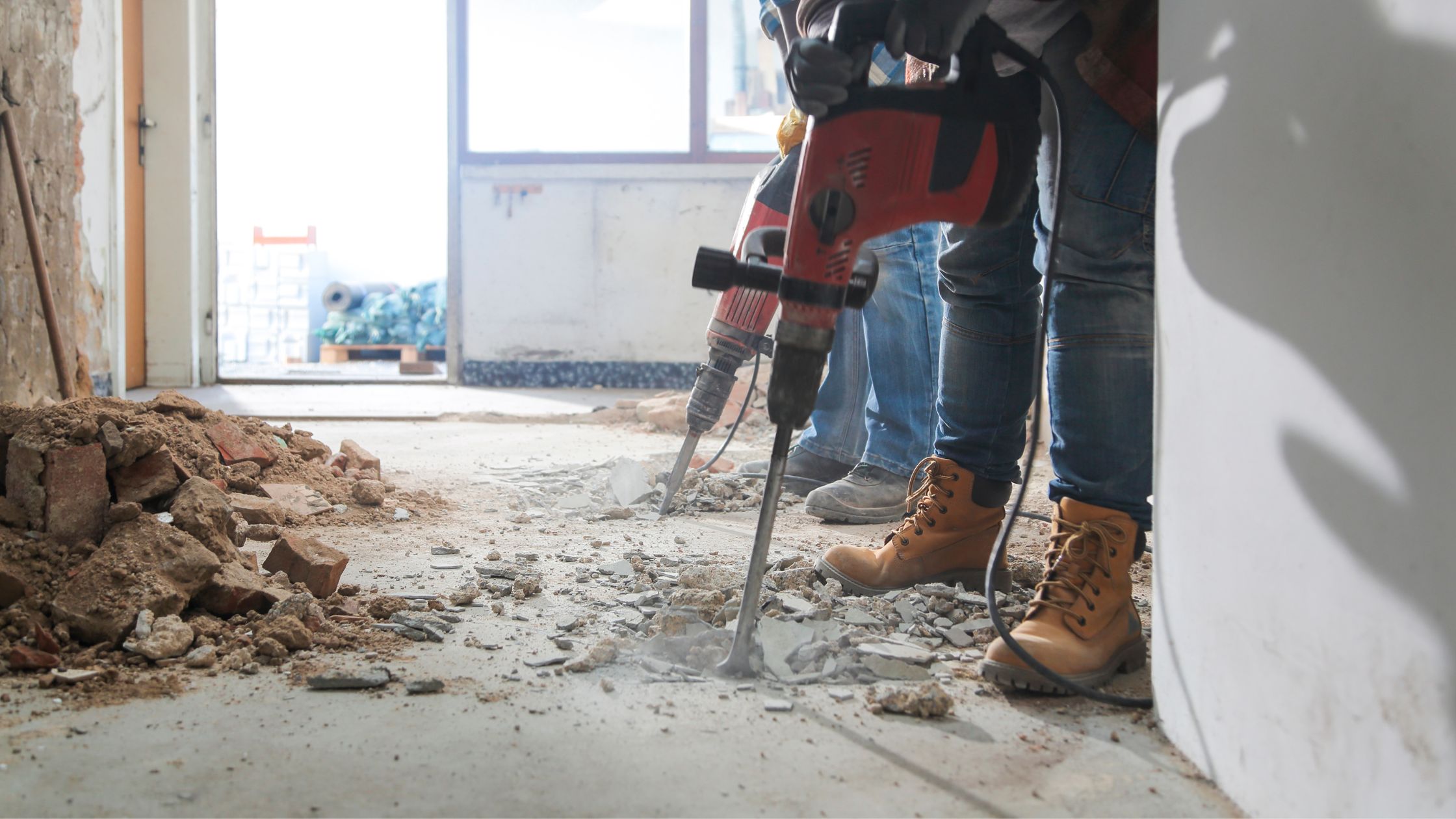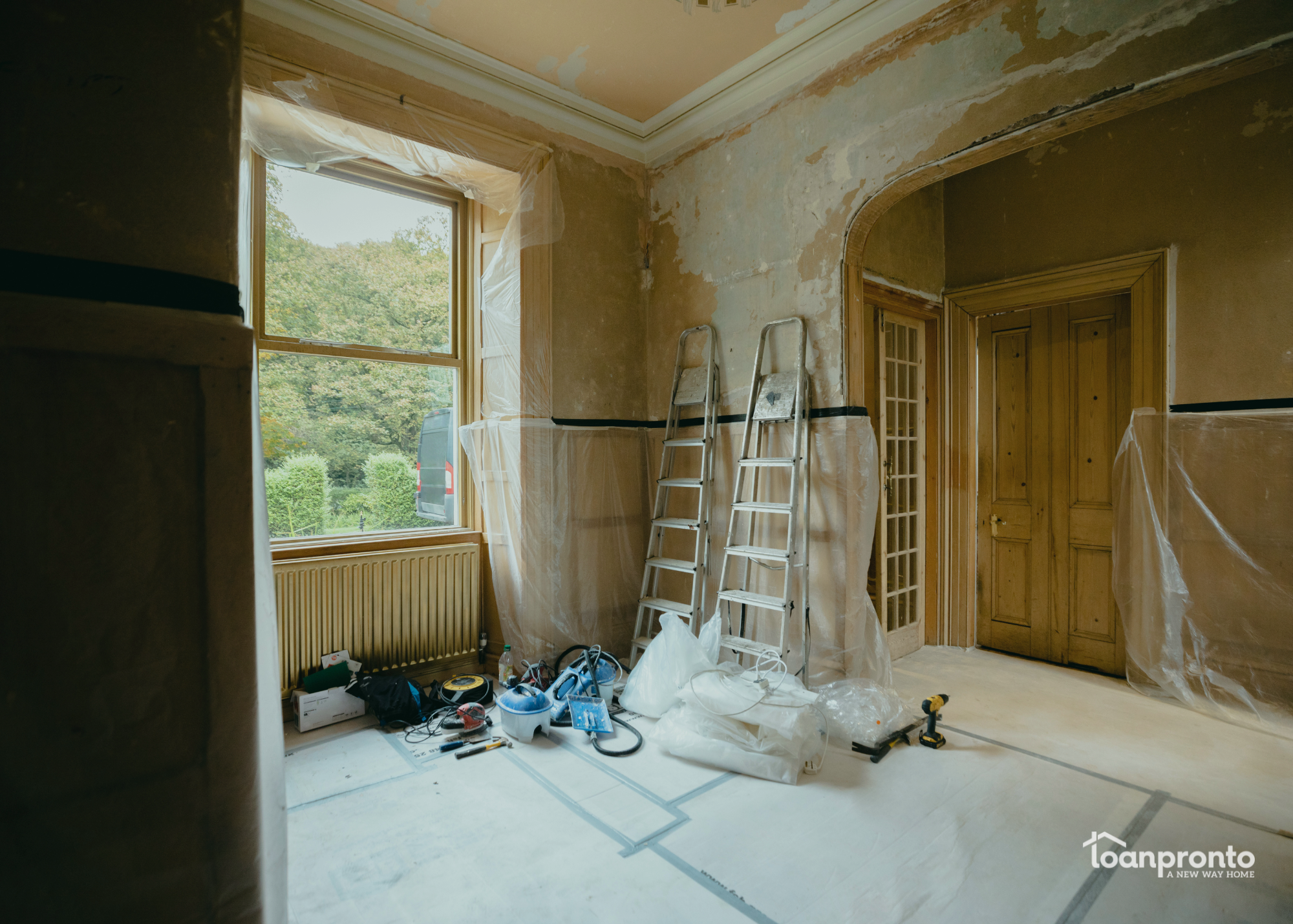Key Takeaways
ADUs provide independent living spaces that can be used for family or rental income.
-
Local zoning laws determine ADU feasibility, including size, placement, and rental use.
-
Building costs vary widely depending on the type of ADU and local labor/material rates.
-
Multiple financing options exist, including grants, loans, cash-out refinances, and HELOCs.
Building an accessory dwelling unit (ADU)—also known as an in-law suite—is becoming a popular strategy for increasing property value, adding livable space, and generating rental income. But before breaking ground, it’s crucial to understand ADU financing options, zoning regulations, and construction costs.
What Is an ADU or In-Law Suite?
An accessory dwelling unit (ADU) is a self-contained living space built on the same lot as a primary residence. These units include a private entrance, kitchen, bathroom, and sleeping area. Commonly referred to as granny flats, guest houses, or in-law suites, ADUs offer versatility for families and investors alike.
Common Uses for ADUs:
- Housing elderly parents or adult children
- Hosting long-term guests
- Creating a short- or long-term rental unit
- Increasing a home’s resale value
Types of ADUs
Depending on your property and local zoning laws, ADUs come in several forms:
| ADU Type | Description |
| Garage Conversion | Transforms existing garage into livable space |
| Detached ADU | Separate unit built in the yard |
| Attached Addition | Bump-out or addition to the main home |
| Interior ADU | Partitioned space within the existing structure |
| Basement/Attic Conversion | Uses underutilized space within the main home |
Each option must have its own entrance, kitchen, and bathroom. Additionally, many jurisdictions require that either the primary residence or the ADU be owner-occupied.
Zoning Laws and Permit Requirements
Before you design your ADU, review your city or county’s specific regulations. Local governments typically control:
| Regulation Type | What to Check |
| ADU Eligibility | Whether ADUs are allowed in your zone |
| Size and Height Limits | Maximum square footage and height requirements |
| Setbacks and Parking | Distance from property lines and parking needs |
| Rental Restrictions | Limitations on short-term or long-term rentals |
For example, California offers ADU grants of up to $40,000, while cities like Phoenix, AZ allow one ADU per single-family home but prohibit short-term rentals.
How Much Does It Cost to Build an ADU?
ADU costs can vary greatly depending on type, materials, and location. Here’s a general breakdown:
| ADU Type | Estimated Cost |
| Garage/Basement Conversion | $40,000 – $75,000 |
| Attached Addition | $60,000 – $100,000 |
| Detached New Construction | $100,000 – $250,000+ |
Don’t forget to include permit fees, utility connections, and design expenses in your total project budget.
Financing Options for ADUs
If you’re not paying in full with savings, several financing solutions can help you fund your ADU project.
1. ADU Grant Programs
Some state and local governments offer ADU-specific grants. These do not require repayment and can significantly reduce upfront costs.
2. Renovation or Construction Loans
Loans such as the FHA 203(k) allow you to finance both the purchase and construction costs. Funds are released in phases based on project completion.
3. Cash-Out Refinance
If your home has built equity, a cash-out refinance lets you borrow against it by replacing your current mortgage with a larger loan.
4. Home Equity Loan
This second mortgage provides a lump sum with fixed payments. It’s ideal when you have a clear idea of your ADU’s total cost.
5. HELOC (Home Equity Line of Credit)
A HELOC works like a credit card. You draw money as needed during construction and repay only what you use, making it great for variable expenses.
Tip: Speak with a mortgage broker to compare rates, qualifications, and terms for each option.
Is Building an ADU Worth It?
Building an ADU can offer several long-term benefits:
Benefits Considerations Generates rental income Requires ongoing maintenance Adds resale value May involve lengthy permitting process Enables multigenerational living Subject to zoning and occupancy regulations
If you’re prepared to navigate the legal and financial aspects, an ADU can become one of the most valuable upgrades to your property.
Is an ADU the Right Investment for You?
Adding an ADU or in-law suite to your property can be a smart, long-term investment—offering flexible living space, potential rental income, and increased resale value. However, success depends on careful planning. From understanding local zoning laws to choosing the right financing option, every step plays a role in your return on investment. Before you start building, consult with experienced professionals and your local planning office to ensure your ADU project aligns with both your budget and your goals. With the right approach, your ADU can add both comfort and value to your home for years to come.
FAQs About Financing an ADU or In Law Suite
No SSN required. Zero impact to credit. Your Information is never sold.



